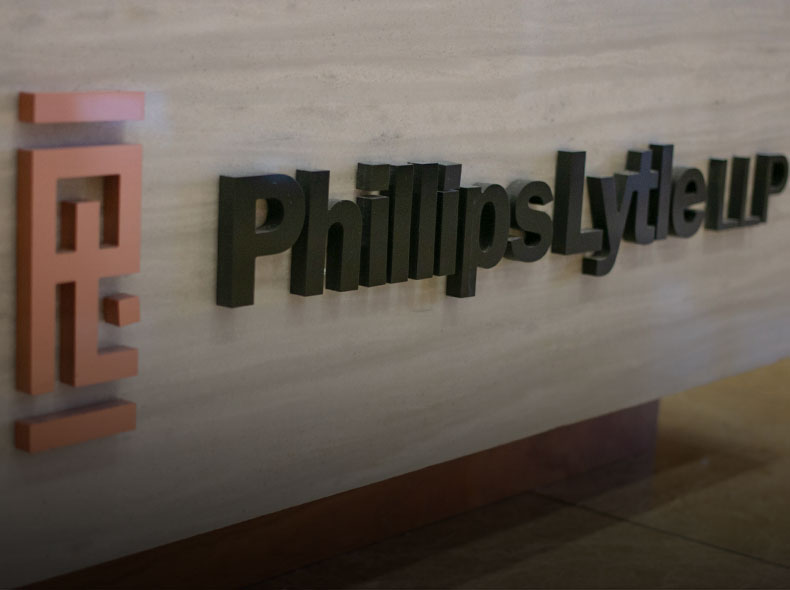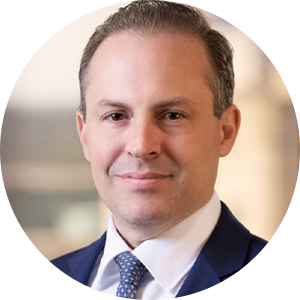

Commentary: Despite clarification, questions remain on effect of NY’s travel advisory on paid sick leave
Sadly, to date, New York State has experienced more than 25 percent of the United States’ total COVID-19-related deaths. To put things in perspective, if it was its own country, New York State would rank fifth among nations in deaths, trailing only (1) the remainder of the United States, (2) Brazil, (3) the United Kingdom and (4) Italy.
The situation appears to be improving, as hospitalization and death rates among New Yorkers have stabilized or decreased.
On June 24, in an effort to preserve New York State’s recent progress, Gov. Andrew Cuomo issued Executive Order No. 205, which required that the New York State Commissioner of Health (“Commissioner”) issue a travel advisory mandating that travelers entering New York State be required to quarantine for a period of 14 days consistent with the New York State Department of Health’s (DOH) regulations for quarantine if they have recently traveled to a state with either:
That same day, the DOH issued “Interim Guidance for Quarantine Restrictions on Travelers Arriving in New York State Following Out-of-State Travel” (“Travel Advisory”). The Travel Advisory became effective at 12:01 a.m. on June 25. In addition to setting forth Executive Order No. 205’s mandate discussed above, the Travel Advisory details quarantine requirements, and identifies exemptions for “essential workers” and those “passing through” New York State.
For example, exceptions to the Travel Advisory are permitted for essential workers and are limited based on the duration of time in designated states, as well as the intended duration of time in New York State. Additionally, the Commissioner may grant an exemption to the Travel Advisory based upon extraordinary circumstances, which do not warrant quarantine, but instead, lesser restrictions.
In addition, the requirements of the Travel Advisory do not apply to any individual passing through designated states for a limited duration (i.e., less than 24 hours) through the course of travel. Examples of such brief passage include, but are not limited to: stopping at rest stops for vehicles, buses and/or trains; or layovers for air, bus or train travel.
As of June 30, New York State is requiring self-quarantine for travelers from 16 states: Alabama, Arizona, Arkansas, California, Florida, Georgia, Idaho, Iowa, Louisiana, Mississippi, Nevada, North Carolina, South Carolina, Tennessee, Texas and Utah.
Notably, the total COVID-19-related deaths in all of the above 16 states combined is substantially lower than the number New York State has experienced.
Notwithstanding the foregoing, it is advisable for everyone to reconsider summer vacation plans. Any violation of a quarantine or isolation order issued to an individual pursuant to the Travel Advisory by a local or state department of health may be enforced pursuant to Article 21 of the New York Public Health Law. Noncompliance may additionally be deemed a violation pursuant to Section 12 of the New York Public Health Law and result in a civil penalty of up to $10,000.
New York State’s clarification of paid sick leave availability
The above quarantine and isolation requirements begged the question: Are employees who are required to quarantine under the Travel Advisory entitled to paid leave during the quarantine period pursuant to the New York COVID-19 Sick Leave Law (“NYSLL”)?
At first, the answer was unclear. However, on June 26, the governor issued Executive Order 202.45 modifying the NYSLL. As a result, New York State employees will forgo their paid sick leave benefits from the NYSLL if they engage in non-essential travel to high-risk states (e.g., vacation).
That said, this provision does not apply if the employee travels for work or at the employer’s request. The provision included in Executive Order 202.45 mirrors the law’s existing provision that makes New Yorkers ineligible for paid sick leave if they travel to any country designated as having a level two or three travel health notice from the Centers for Disease Control and Prevention (CDC).
While the NYSLL allows employees to be denied paid leave during quarantine under the foregoing circumstances, employers should remember that under the NYSLL, such employees are nonetheless entitled during quarantine to use accrued paid leave and, where paid leave is unavailable, they are entitled to unpaid sick leave.
Questions remain on availability of paid sick leave under federal law
Although an employee may be denied paid leave under the NYSLL during a quarantine that occurs after travel to a restricted state or a restricted country, employees who travel to such areas may nonetheless be entitled to paid leave during quarantine if their employer is subject to the federal Emergency Paid Sick Leave Act (EPSLA).
Like the NYSLL, the EPSLA requires covered employers to provide paid leave to employees who cannot work due to a federal, state or local order of quarantine or isolation. However, unlike the NYSLL, the EPSLA contains no exemption based on an employee’s travel destination and reason for travel. Given that the Commissioner’s Travel Advisory was issued pursuant to an Executive Order and is mandatory, there is a high likelihood that it would be considered a state-issued order of quarantine under the EPSLA. It would thereby entitle employees who are employed by a covered employer, and who travel to a restricted state or a restricted country for any reason, to be paid leave while in quarantine upon their return to New York State. However, to date, the United States Department of Labor has yet to clarify this issue.
Employers are well advised to stay informed as new guidance continues to unfold. In light of the Travel Advisory, employers should also update their existing travel restriction policies.
Kevin J. Mulvehill is a partner and Rochester Office Leader with Phillips Lytle LLP, where he serves as head of the firm’s Labor & Employment Practice Team. He concentrates his practice in labor and employment litigation; wage and hour compliance and litigation; corporate law; commercial litigation; counseling business entities; and representing public and private sector organizations, including universities, hospitals, manufacturers, law firms and other professional organizations, retail, auto dealerships, hospitality companies, not-for-profits, municipalities and business processing outsourcing companies. He can be reached at (585) 238-2095 or kmulvehill@phillipslytle.com.
Alissa M. Fortuna-Brennan is an attorney with Phillips Lytle LLP. She concentrates her practice in the area of business litigation, with particular emphasis on labor and employment law. She can be reached at (585) 238-2048 or abrennan@phillipslytle.com.
Receive firm communications, legal news and industry alerts delivered to your inbox.
Subscribe Now